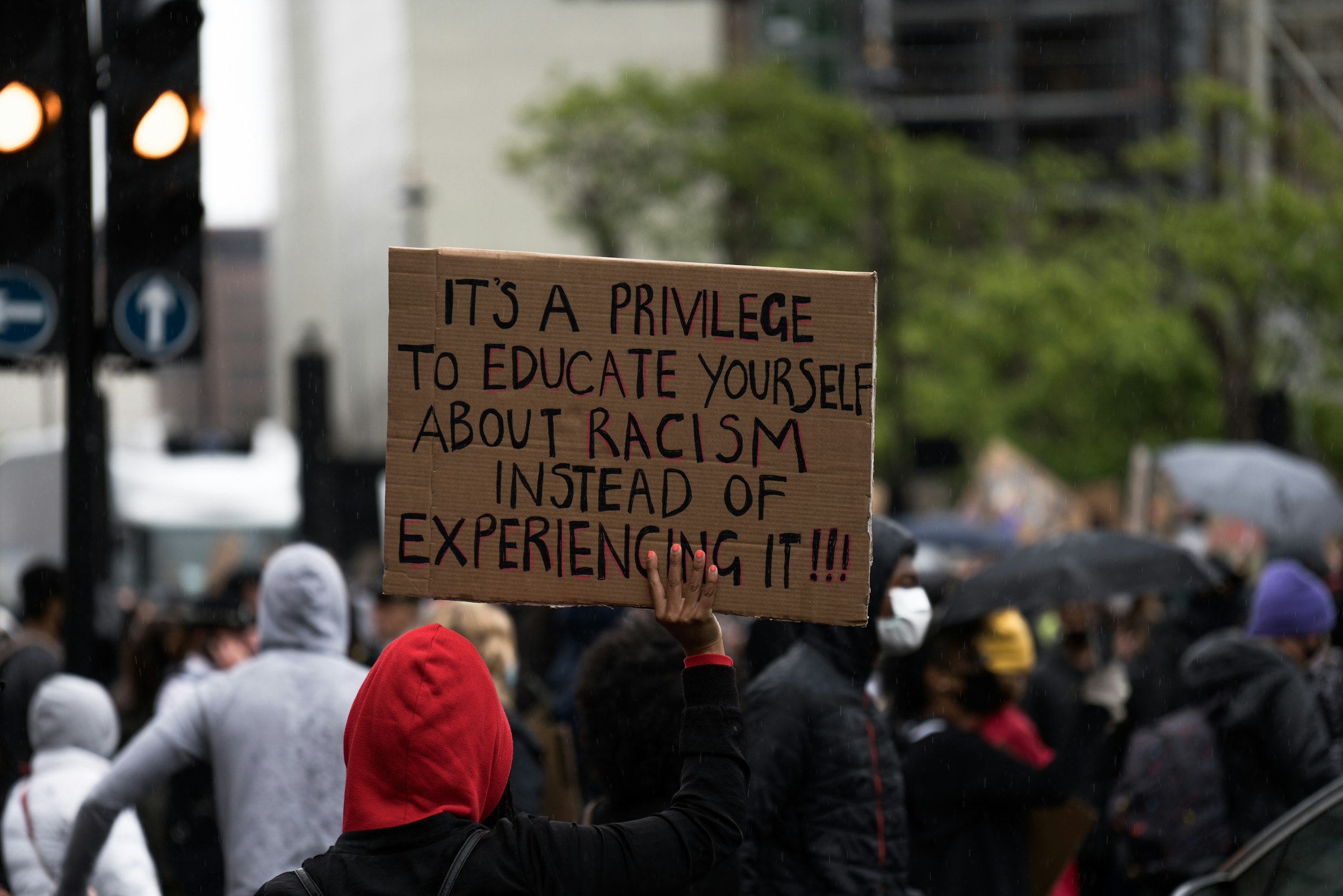A Lawyer's Guide to Discrimination Claims in North Carolina
Raleigh Discrimination Attorney Explains Discrimination Laws and Claims in North Carolina:
If you feel that you have been discriminated against at work due to your race, religion, nationality, gender, disability, or age, you only have days (not years) to do something about it. In fact, in most circumstances, you only have 180 days from the last discriminatory act to file with the Equal Employment Opportunity Commission (EEOC) or you will lose your chance to bring a claim in the future. Being the victim of discrimination can be devastating and your window to find justice is small, so here’s what you need to know:
What is the EEOC?
The Equal Employment Opportunity Commission is a federal agency that investigates and enforces civil rights laws against workplace discrimination. That includes complaints based on an individual’s race, children, national origin, religion, sex, age, disability, sexual orientation, gender identity, and genetic information. The EEOC also investigates and enforces instances of retaliation for reporting, participating in, and/or opposing discriminatory practices in the workplace (like whistleblowers).
Do I Have to File With the EEOC in North Carolina?
Unlike traditional tort claims (i.e. you were injured in a car accident by another driver), you can’t pursue your rights under Federal civil rights law in court until you first file a charge with the EEOC. Don’t worry, the EEOC charge process is designed for people without lawyers. The big mistake people make, though, is missing the hard reality that they only have a matter of days – not years – to do something about it.
You Only Have 180 Days to File with the EEOC.
Once you have either interviewed with or directly filed a charge to the EEOC within the 180 days, you have cleared the first obstacle. This, however, is not the only time limit that will apply to your discrimination claims (see below). You must also be on the lookout for a “Notice of Right to Sue” that the EEOC may mail to you.
There Are Limited Exceptions to the 180-Days Rule.
There are some circumstances, such as a hostile work environment, where your employer’s discriminatory conduct is an ongoing condition. In those cases, the EEOC will look at the last incident of harassment when determining whether your claim is barred by the statute of limitations. The EEOC will look at all the incidents you allege in your charge, even if they occurred more than 180 days prior, so long as there is one incident that is within the time limit.
The EEOC Is Slow…But You Still Have To Start There.
Unfortunately, the EEOC has an enormous backlog of cases which means it’s unable to investigate, pursue, or resolve many of the charges that have been filed. Instead the EEOC will often issue you a “Notice of Right to Sue” before your claim has been resolved to your satisfaction. Your receipt of this notice starts another clock that could bar your ability to pursue your discrimination claim.
Right To Sue Letter and The New 90-Days Deadline.
You need a “Notice of Right to Sue” letter from the EEOC in order to sue the discriminatory party in federal court, but you only have 90 days from your receipt of the Notice of Right to Sue to file the lawsuit. These time limits, called the statute of limitations, are in the law to protect employers from having to go to court over actions that occurred a long time ago. Courts strictly apply this rule and will likely dismiss your claims if they are filed even one day late. It is therefore crucial that you meet these deadlines so that you are not prevented from protecting your rights by a technicality. If you have any questions about whether this rule applies to your circumstance, we’re available to talk you through these issues.
Schedule a Free Case Evaluation with Our Raleigh Discrimination and Employment Lawyers
If you were the victim of discrimination or an employer not paying you your wages or bonuses (wage and hour claim) , contact our experienced employers lawyers in Raleigh, North Carolina for a free consultation. We can help you and your family recover compensation for lost wages and other damages. Even if the employer blames you or says you were terminated for cause, our attorneys have experience in these cases to help ensure that you recover the maximum amount of compensation that you deserve for your damages.



